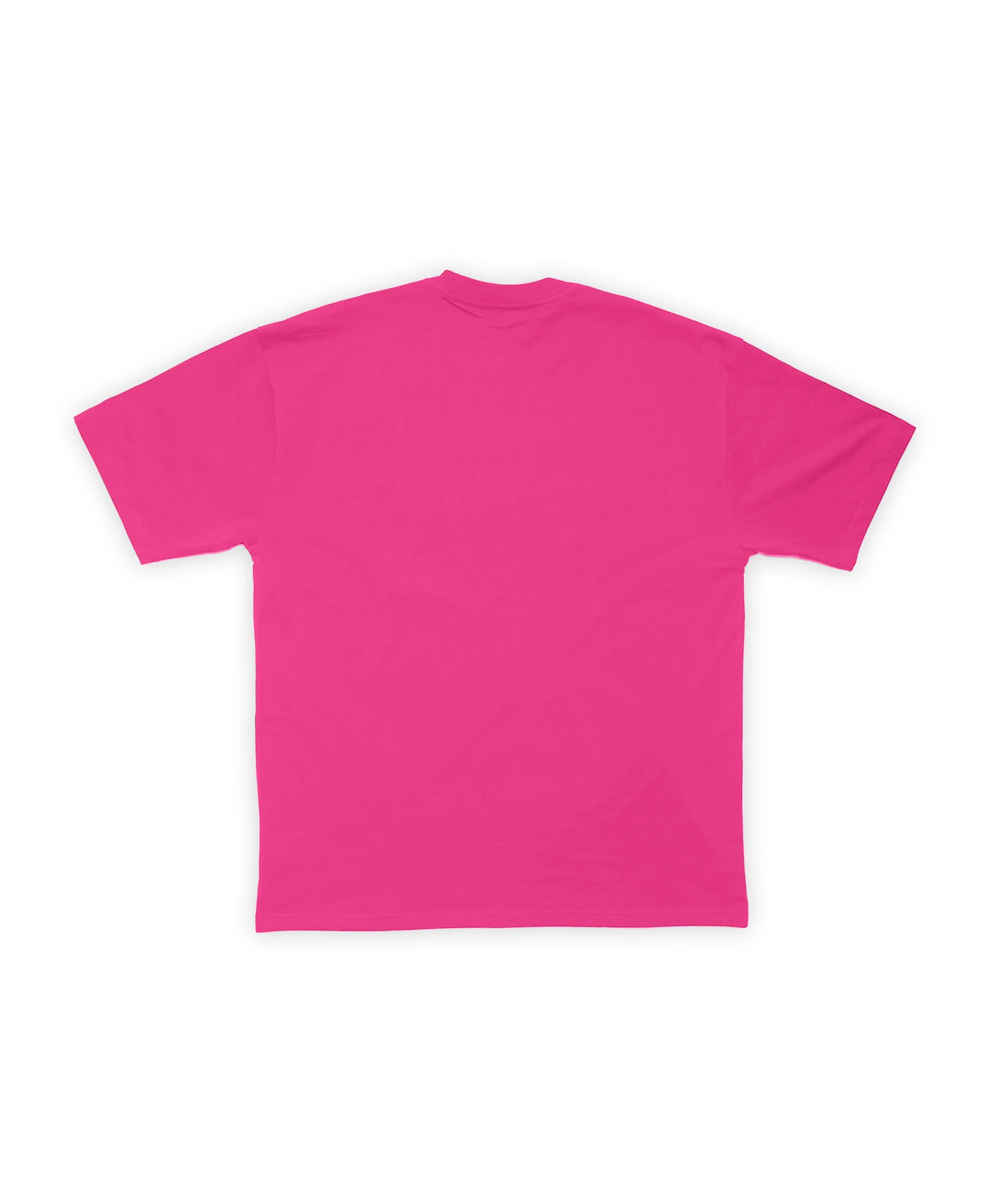A Tale of Two Tools — and One Bridge That Connects Them
It was 11:00 PM when Dev, a young content creator from Pune, sat down to upload his latest travel vlog.
He tried to access an analytics website that was region-locked. “This service isn’t available in your country,” flashed across his screen.
Frustrated, he Googled ways around it.
He saw two common terms pop up everywhere — Proxy and VPN.
He clicked a few links but ended up more confused than ever.
Both seemed to “hide your IP,” both claimed to “keep you safe,” but people online argued endlessly about which was better.
That’s when he stumbled upon Blockaway, a simple tool that didn’t ask him to choose — it just worked.
But to understand why, let’s dive deeper into this digital mystery.
The Basics — What’s a Proxy?
Imagine you’re mailing a letter.
A proxy server is like a trusted middleman who sends it on your behalf.
You give your request (the website you want to visit) to the proxy, it forwards that request for you, and then sends back the result — hiding your real location from the destination.
So when you use a proxy like Blockaway, websites only see Blockaway’s address, not yours.
In simpler terms:
- You → Proxy → Website
- The website never sees you directly.
This makes proxies great for:
- Bypassing blocked websites
- Accessing region-restricted content
- Avoiding basic IP tracking
And best of all — with web-based proxies like Blockaway, you don’t need to install anything.
You just go to blockaway.com, type your desired URL, and browse.Quick. Simple. Anonymous.
But, there’s more to the story.
The Stronger Armor — What’s a VPN?
Now imagine you’re sending that same letter — but instead of just using a middleman, you place it inside an armored box that no one can open.
That’s what a VPN (Virtual Private Network) does.
It not only hides your identity but also encrypts all the data leaving your device.
Even your internet provider (ISP) or hackers on public Wi-Fi can’t see what you’re doing.
How it works:
- You → Encrypted VPN tunnel → VPN server → Website
Everything inside that tunnel is scrambled using encryption algorithms.
That’s why VPNs are often used for:
- Complete data privacy
- Secure file transfers
- Remote work networks
- Protection on public Wi-Fi
But here’s the catch —
VPNs usually need installation, subscriptions, and sometimes slow down your internet because of that heavy encryption.
So while they offer military-grade security, they can feel complex or slow for everyday browsing.
Proxy vs VPN — The Real Differences
Let’s compare them side by side, in plain language.
| Feature | Proxy | VPN |
| What it hides | Your IP address | Your IP + All online data |
| Encryption | Usually none | Fully encrypted |
| Speed | Faster (no encryption overhead) | Slightly slower |
| Setup | Instant (no install needed) | Requires app/software |
| Best for | Bypassing restrictions, accessing blocked sites | Full online privacy & secure data transmission |
| Cost | Usually free | Often paid |
So, which one should you choose?
The truth is — it depends on your need.
If you just want to watch a blocked video, read global news, or browse privately — a proxy like Blockaway is perfect.
If you’re handling sensitive data or using banking apps on public Wi-Fi, a VPN might be safer.
But what if you could get the best of both worlds — without the complexity or cost?
How Blockaway Bridges the Gap
That’s exactly where Blockaway shines.
It isn’t trying to replace VPNs — it’s making privacy accessible to everyone.
When Dev tried Blockaway that night, he realized it wasn’t just another proxy site.
It was designed for real-world privacy needs — combining the speed of a proxy with the protection principles of VPNs.
Here’s how it bridges that gap:
1. No Installation — Instant Protection
Unlike VPNs that need downloads or configurations, Blockaway works right in your browser.
Just visit the site, enter your URL, and you’re instantly masked behind its secure servers.
It’s privacy on demand — no tech skills required.
2. IP Masking Like a VPN
When you browse through Blockaway, your real IP address remains hidden.
Websites, ISPs, or even analytics trackers see only the proxy’s IP — keeping your location and identity confidential.
That’s the first layer of VPN-grade privacy, delivered effortlessly.
3. No Logs, No Tracking
Blockaway doesn’t record what you do.
Unlike many “free” proxies that secretly log user data or inject ads, Blockaway follows a strict no-log policy.
Once your session ends, it’s gone — no history, no digital trail.
4. Smart Routing for Speed
Traditional VPNs encrypt all traffic, which can sometimes slow you down.
Blockaway uses optimized proxy routing — which means faster speeds for browsing, streaming, or research.
Perfect for content creators, students, and professionals who need instant access without lag.
5. Borderless Browsing
Whether it’s accessing region-blocked videos, reading global news, or opening restricted educational sites — Blockaway bypasses those barriers in seconds.
It helps users like Dev (and you) explore the real internet — without limitations.
When to Use What
Let’s make it practical.
| Situation | What Works Best |
| Accessing blocked websites | Blockaway Proxy |
| Browsing anonymously | Blockaway Proxy |
| Securing work or banking data | VPN |
| Watching foreign streaming content | Blockaway Proxy |
| Handling corporate documents | VPN |
| Quick, casual browsing with privacy | Blockaway Proxy |
In short:
- Use a VPN when your top priority is deep encryption.
- Use Blockaway when your top priority is speed, simplicity, and access.
The Philosophy Behind Blockaway
At its core, Blockaway isn’t just a tool — it’s a belief.
A belief that everyone deserves digital freedom without needing to be a tech expert.
A belief that privacy should be free, fast, and easy.
Blockaway was built for real users:
- The student in a library researching global sources.
- The traveler using café Wi-Fi in a new city.
- The content creator accessing blocked platforms.
It’s not about hiding.
It’s about choosing how you’re seen — and taking back control of your digital identity.
Final Thoughts
When Dev finished uploading his video that night through Blockaway, he realized something:
He didn’t need to overthink security or struggle with settings.
He just needed a simple, reliable tool that respected his privacy and gave him access to the open web.
That’s the essence of Blockaway — the bridge between convenience and protection, between speed and safety.
So next time you wonder “Proxy or VPN?” — remember:
You don’t always have to choose sides.
Sometimes, the smartest choice is the bridge itself.






